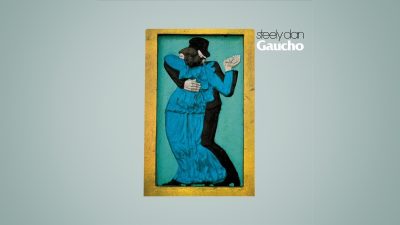Arts & Culture
The New Haunted House Is a Symbol of the Housing Crisis
Beneath the veneer of desire and ambition lurks something darker—the grotesqueness of wealth and the violence it implies.
Is Everything Really Copy? Let’s Talk About Memoir and Reality TV
Nora Ephron said, “Everything is copy.” But in a memoir, much like in reality TV, art cannot represent life exactly. People are characters, snapshots of their “real” selves.
Before I Came Out as Nonbinary, My Gender Was Thin
I needed to fight my way out of the trance of thinness in order to find out what else was possible, in order to finally see myself.
Save the World, Abort the Future: ‘Terminator’ and Trans Bodies After Roe v. Wade
When I think about queer masculine pregnancy and parenting, I think about Sarah Connor in ‘Terminator 2: Judgment Day.’
Reading Stephen King’s ‘It’ As a Child Confused My Sense of Justice
Like Pennywise the Clown, I too was stealing childhood from those who had more of it than I did.
Running Up That Hill (And Dealing With God)
This is the deal I’d make with God: my devotion in exchange for acceptance of the past, peace with the present, and assurances about the future.
Nuns, Nurses, and Busybodies: The Queerness of the Character Actress
This is what I became known for in acting class: old-lady drag.
How My Maker’s Manhattan Made Me
I felt I had something to prove. But the Manhattan, unchanged since its nineteenth-century origins, has nothing to prove.
On Fatherhood, Masculinity, and Steely Dan
But of course, all of this isn’t about ‘Gaucho’ or masculinity, really. It’s about trauma, about breaking a cycle you didn’t consent to entering.
Every Queer Person Should Learn How to Fight
On its surface, Brazilian jiu-jitsu was not a sport that I belonged in. To say that it is macho is an understatement.










